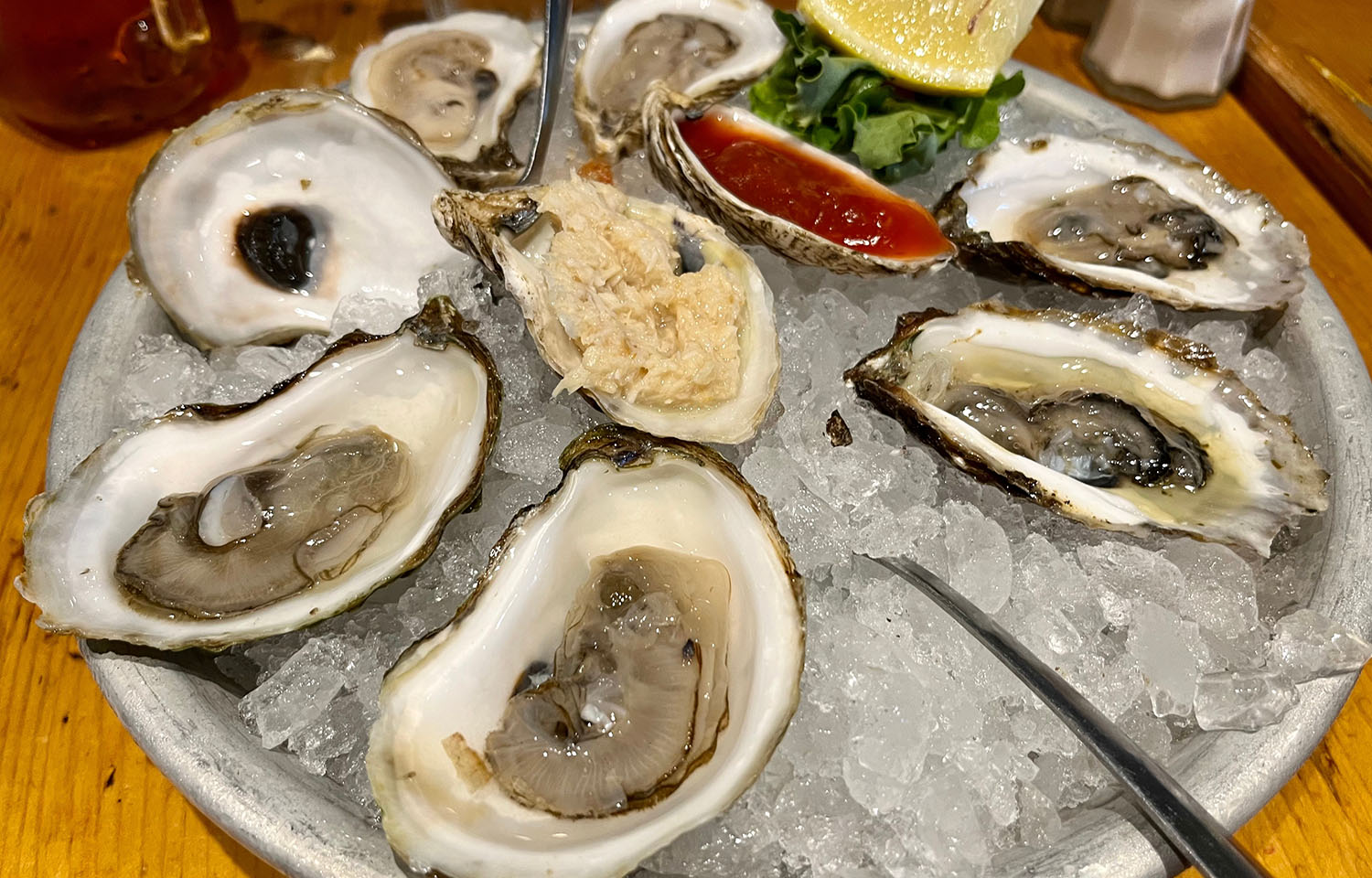County health officials in San Diego, California, U.S.A, have confirmed 41 cases of norovirus in the area linked to raw oyster products imported from Rocky Point Oysters and packed by GOLPAC in Bahia Salina, Sonora, Mexico.
Officials have tied the outbreak to oysters served at The Fish Shop locations in Pacific Beach, Point Loma, and Encinitas, as well as the Carlsbad Aquafarm, the County of San Diego Communications Office reported.
“The County recommends that people ask where oysters were harvested when eating out or getting food from wholesale locations to avoid consuming Rocky Point oysters from Bahia Salina, Sonora, Mexico,” County Public Health Officer Wilma Wooten said. “It’s also important for anyone who is sick to seek medical care. People who are ill, and those who live with them, should wash their hands frequently to avoid contaminating surfaces and foods that could further spread the infection.”
Of the 41 people reported ill with the virus, cases ranged from people 18 to 83 years old. None of the symptoms have required hospitalization. The San Diego Health and Human Services Agency (HSSA) is working with the California Department of Public Health and the Shellfish Program to continue the ongoing investigation, according to the County of San Diego Communications Office.
The report comes soon after the U.S. FDA issued an alert on 10 January for restaurants, retailers, and consumers within the states of Illinois, New York, Massachusetts, New Jersey, and Pennsylvania that certain live scallops up for sale were believed to be harvested from a prohibited area in Massachusetts, labeled incorrectly, and should not be served or consumed.
The FDA alert specifically concerns certain live scallops with harvest dates of 26 December and 27 December 2023, as well as 1 January 2024, that Intershell International Corp. harvested from prohibited waters in Massachusetts. The scallops were incorrectly labeled as harvest location FED 514.
The Fisheries Survival Fund and American Scallop Association clarified in a release that schucked scallops are still safe to eat, and that the scallops involved with the recall are live scallops – a product form rarely sold in the U.S.
"In the United States and Canada, consumers generally purchase just the adductor muscle, which is the white, meaty part seen in market displays and seafood dishes," a release from the two organizations said.
The organizations added that scallops are not consumed raw often, contrary to the FDA advisory.
Photo courtesy of Jaclyn Vernace/Shutterstock







